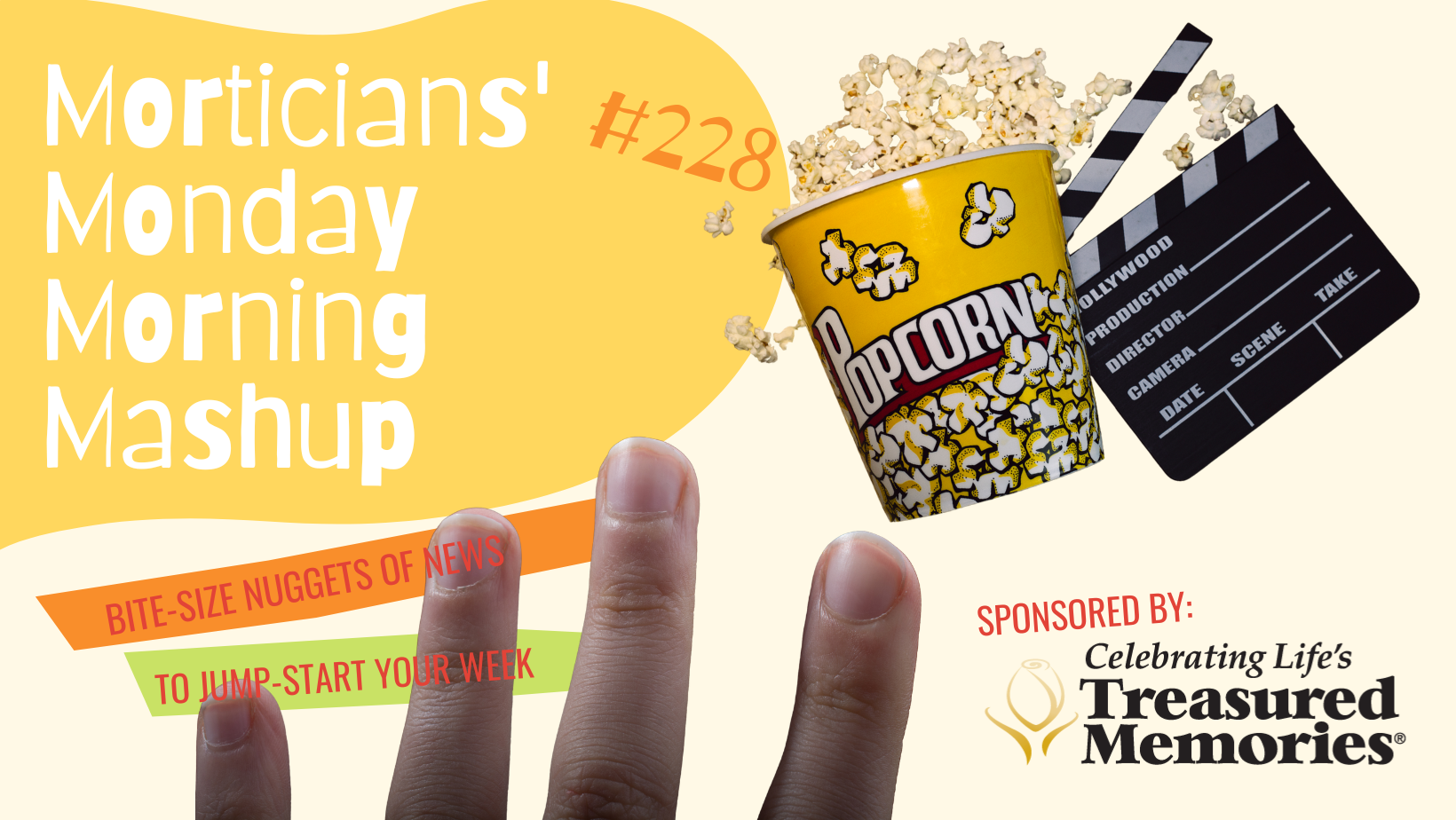Long Covid: Deathcare Version
Every industry has been affected by the pandemic, but few have been more greatly influenced by Covid’s arrival than deathcare. Changes run deep and alter the course of the business in numerous ways: disposition method availability and worker availability; supply chain disruptions; the necessity of social distancing, government regulations, availability of services and supplies.
Much of it is novel, and most of it is disruptive. Businesses of every size are still being affected.
What to Expect
These are easy, obvious effects of Covid – the logistical logjams caused by volume, supplies, economics; we’re still in the thick of it, and many of them seem not to be going anywhere just now, nor, indeed, anytime soon, so do we just have to get used to them for the long haul?
Not quite yet. The business of deathcare had been moving through seismic shifts on a number of fronts prior to the pandemic. Now as we continually adjust (and readjust) our lives to Covid-19, mutations and vaccinations continue to affect the pandemic, and through it, the field of death care.
As to what concerns, restrictions, or practices are here to stay, predictability varies because the landscape continues to change. There are obvious features – offering online services, funeral home website functionality allowing for online arrangements including payment options, technological access – that we can expect to play permanent roles. Green options grow more popular every year, and that also is unlikely to change.
But as people everywhere face mortality, perhaps for the first time, confronting the specters of our own deaths as well as those of people we love – especially when actually experiencing that loss — an unexpected thing emerges.
Life’s Calling
It hits each person differently, obviously, but for many considering the question of whether they feel ready to face the end of their own lives, the answer is based closely on how they feel about how they’ve been living.
Pulled out of Covid’s shadow are the answers to the question of priorities –those things valued above all else, on which one bases her entire life’s work, and by which she navigates her choices day by day.
Covid inspires some introspection, and that’s not a bad thing when the results lead to employees who select their roles and careers and workplaces with an eye toward prioritizing their own values, happiness, and quality of life. Such emotional investment motivates an employee to show up and do her job everyday are based in something deliberate and personally meaningful to her. If you’re her employer, this is a bonus.
But it also translates to some professionals rotating out of roles and fields. And for some mature professionals in death care, the answer to that question of priorities and values may lead to early retirement.
The landscape changes almost daily with the pandemic. If one of the lasting effects of Covid is a stronger appreciation of life’s brevity and a sense of the significance of even insignificant choices, that should be counted as a win.




